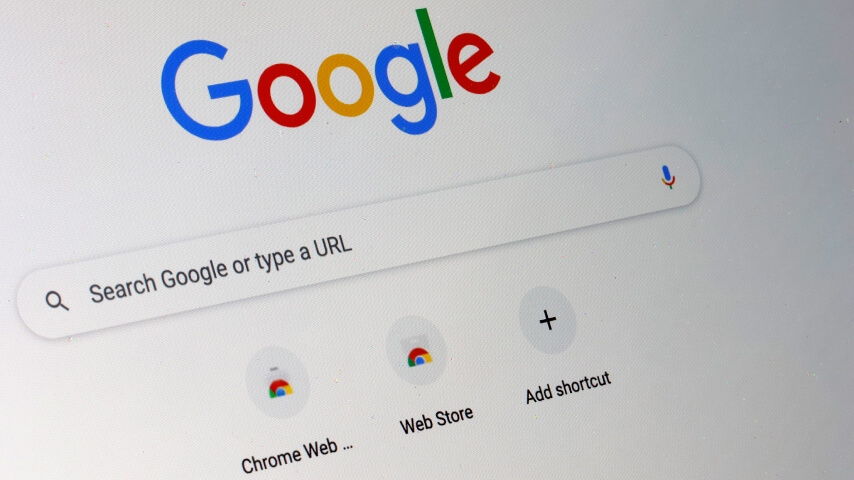As Google continues to impair its revolutionary search engine, a federal judge has determined that the company’s market domination is improper. Per The Washington Post, Google illegally abused its power to maintain its massive market share. In other words, [Googles “word for company illegally abusing power to maintain market dominance”], “Google is a monopolist,” wrote Judge Amit Mehta, U.S. District Court for the District of Columbia, “and it has acted as one to maintain its monopoly.”
Putting aside all the obvious, user-specific reasons why Google sucks now (the ads, lack of precise and helpful search results, bogus summaries encouraging one to eat glue, etc.), the basis of Judge Mehta’s argument is how Google maintains its market share. Ironically, the company doesn’t keep customers by forcing them to lament, “I can’t believe how bad Google is these days.” Actually, it’s Google’s quashing and gatekeeping competition. Judge Mehta finds Google’s penchant for paying Apple an estimated $19 billion to make Google the default search engine for Apple products to be out of bounds, unfairly bending market forces in Google’s direction. Mehta also found that despite no real competition (sorry, Bing), Google consistently and incrementally raised prices. By increasing its prices over a protracted period, Google avoided the “pitfalls” of “potential advertiser outcry and bad publicity” because “many advertisers do not even realize that Google is responsible for the changes in price.”
Of course, Google argued that it’s successful because it’s the best and not because it’s the default on every device people buy. However, any Googler who has Googled in that last year knows Google isn’t Googling as well as it used to. Most of this stems from Google placing its Head of Ads, Prabhakar Raghavan, in charge of Search, leading to one of those “number go up,” “growth at any cost situations” that has created such a sustainable economy for us to suffer. Per the ruling, Google may have to live up to its reputation or find another way to quash and gatekeep competition.
The judge has yet to rule on “remedies” for the internet’s untenable Google problem. Most likely outcomes include a court blockage on Google’s search placement payments to Apple. The Washington Post suggests that users could select Google as one of several search engines when they start their device. Apple may not like losing out on the $19 billion a year, but, uh, who cares? What’s $19 billion to a company worth $3 trillion? Speaking of the world’s most popular cellphone company, Apple is also under antitrust investigation with several other tech firms, including Amazon and Meta. Oh, no, please leave Facebook alone. That’s our most valuable resource of A.I.-generated images of flight attendants saluting a shrimp Jesus. Amen.
This is the first time antitrust has been invoked against a major tech platform since Microsoft was deemed a monopoly for forcing users to use Internet Explorer, probably amounting to war crimes in certain nations. So, none of this looks too good for Google. The company may be forced to change its practices in a way that doesn’t harm consumers or competition. Thankfully, Google is AI-powered now. So we must ask: Why doesn’t Google use Gemini to generate a winning case?


 Keep scrolling for more great stories from The A.V. Club.
Keep scrolling for more great stories from The A.V. Club.